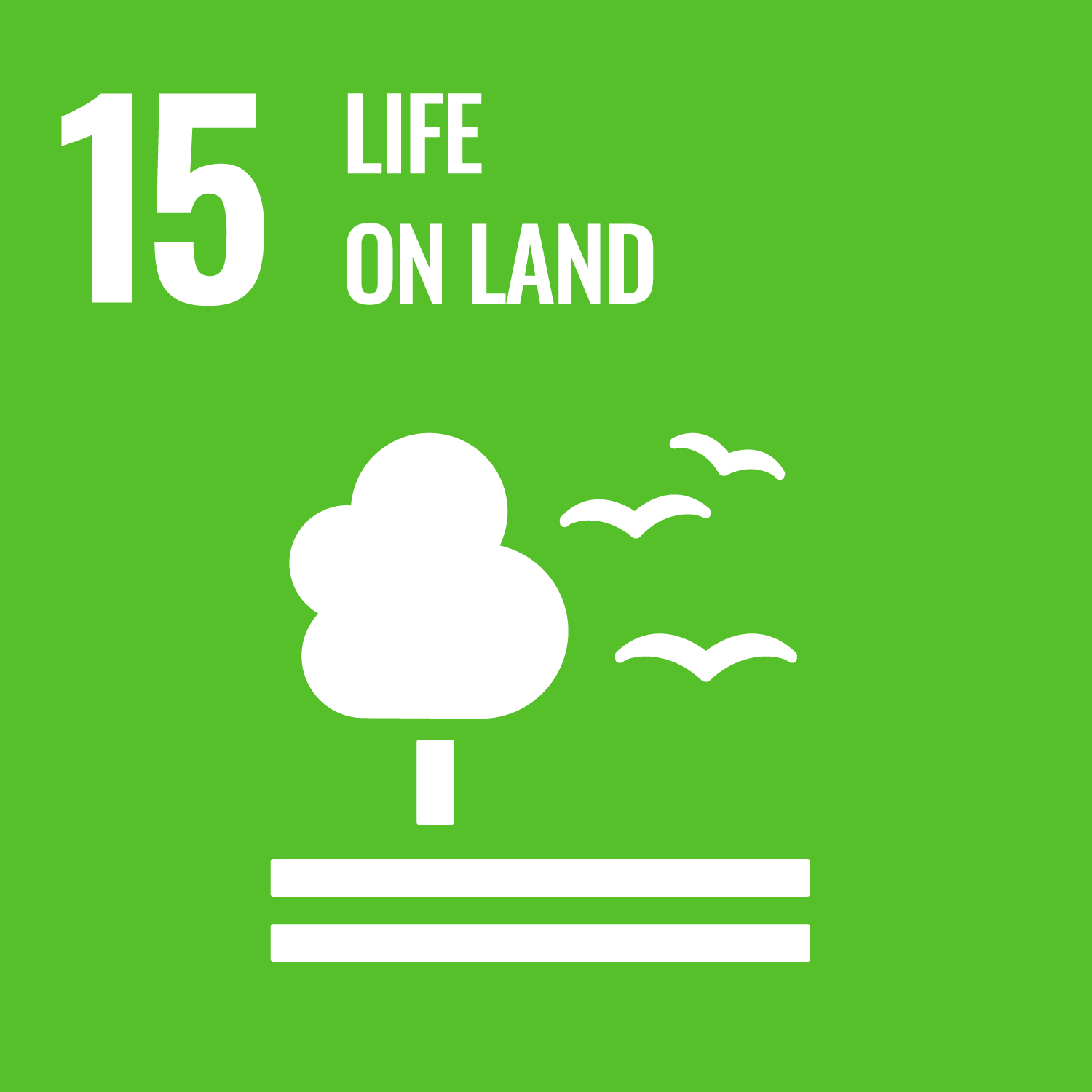(Outline and purpose of class)
Construction structures are constructed on or under the ground. There are also structures that are built with soil, such as embankments. "Soil mechanics" is a study of the ground in the construction field.
The main purpose of "Mechanics of soil" is to recognize the properties of the soil material that composes this ground and to understand the properties and behavior of the soil. In particular, the study focuses on understanding the nature of soil as a granular material, the concept of water permeability and effective stress in the ground.
(Attainment target)
As stated in the above objectives, the goal is to recognize the properties of soil as granular material and to fully understand the concept of soil permeability and effective stress.
Construction structures are constructed on or under the ground. There are also structures that are built with soil, such as embankments. "Soil mechanics" is a study of the ground in the construction field.
The main purpose of "Mechanics of soil" is to recognize the properties of the soil material that composes this ground and to understand the properties and behavior of the soil. In particular, the study focuses on understanding the nature of soil as a granular material, the concept of water permeability and effective stress in the ground.
(Attainment target)
As stated in the above objectives, the goal is to recognize the properties of soil as granular material and to fully understand the concept of soil permeability and effective stress.
- Understand the physical quantity of the soil and perform basic calculations.
- Understand how to classify soil, and perform classification and analysis using appropriate indices.
- Understand the basic mechanical concepts of soil and calculate effective stress.
- Understand the permeability and influence factors, and calculate the osmotic pressure and amount.
| Class schedule | HW assignments (Including preparation and review of the class.) | Amount of Time Required | |
|---|---|---|---|
| 1. | Guide to soil mechanics and geotechnical engineering | Section 1, Text | 120minutes |
| 2. | Physical properties of soil (1) | Section 2, Text | 120minutes |
| 3. | Physical properties of soil (2) | Section 2, Text | 330minutes |
| 4. | Its behavior in clay | Section 3, Text | 120minutes |
| 5. | Soil classification method | Section 4, Text | 120minutes |
| 6. | Compaction of soil (1) | Section 5, Text | 330minutes |
| 7. | Compaction of soil (2) | Section 5, Text | 190minutes |
| 8. | Water flow in soil | Section 6, Text | 120minutes |
| 9. | Effective stress (1) | Section 7, Text | 330minutes |
| 10. | Effective stress (2) | Section 7, Text | 120minutes |
| 11. | Ground liquefaction | Ground liquefaction mechanism | 120minutes |
| 12. | Ground improvement | Ground improvement mechanism | 120minutes |
| 13. | Term-end test and commentary | Test review | 330minutes |
| 14. | General review | Review of assignments and tests | 190minutes |
| Total. | - | - | 2660minutes |
| Task | Term-end examination | Total. | |
|---|---|---|---|
| 1. | 7% | 20% | 27% |
| 2. | 7% | 20% | 27% |
| 3. | 6% | 20% | 26% |
| 4. | 20% | 20% | |
| Total. | 20% | 80% | - |
The evaluation will be 20% for the assignment and 80% for the term-end test. A passing score of 60 or higher.
(1) Sakai, T., Katsuyama, K., Hossain, Z. and Pyrak-Nolte, L.J.: Soil Mechanics (1): Foundamental Properties, Corona Publishing
Co. Ltd.
(2) Sakai, T., Katsuyama, K., Hossain, Z. and Pyrak-Nolte, L.J.: Soil Mechanics (2): Mechanical Properties, Corona Publishing Co. Ltd.
(2) Sakai, T., Katsuyama, K., Hossain, Z. and Pyrak-Nolte, L.J.: Soil Mechanics (2): Mechanical Properties, Corona Publishing Co. Ltd.
- Course that cultivates an ability for utilizing knowledge
| Work experience | Work experience and relevance to the course content if applicable |
|---|---|
| N/A |





- 9.INDUSTRY, INNOVATION AND INFRASTRUCTURE
- 11.SUSTAINABLE CITIES AND COMMUNITIES
- 12.RESPONSIBLE CONSUMPTION & PRODUCTION
- 13.CLIMATE ACTION
- 15.LIFE ON LAND
Last modified : Sat Sep 09 05:24:11 JST 2023
